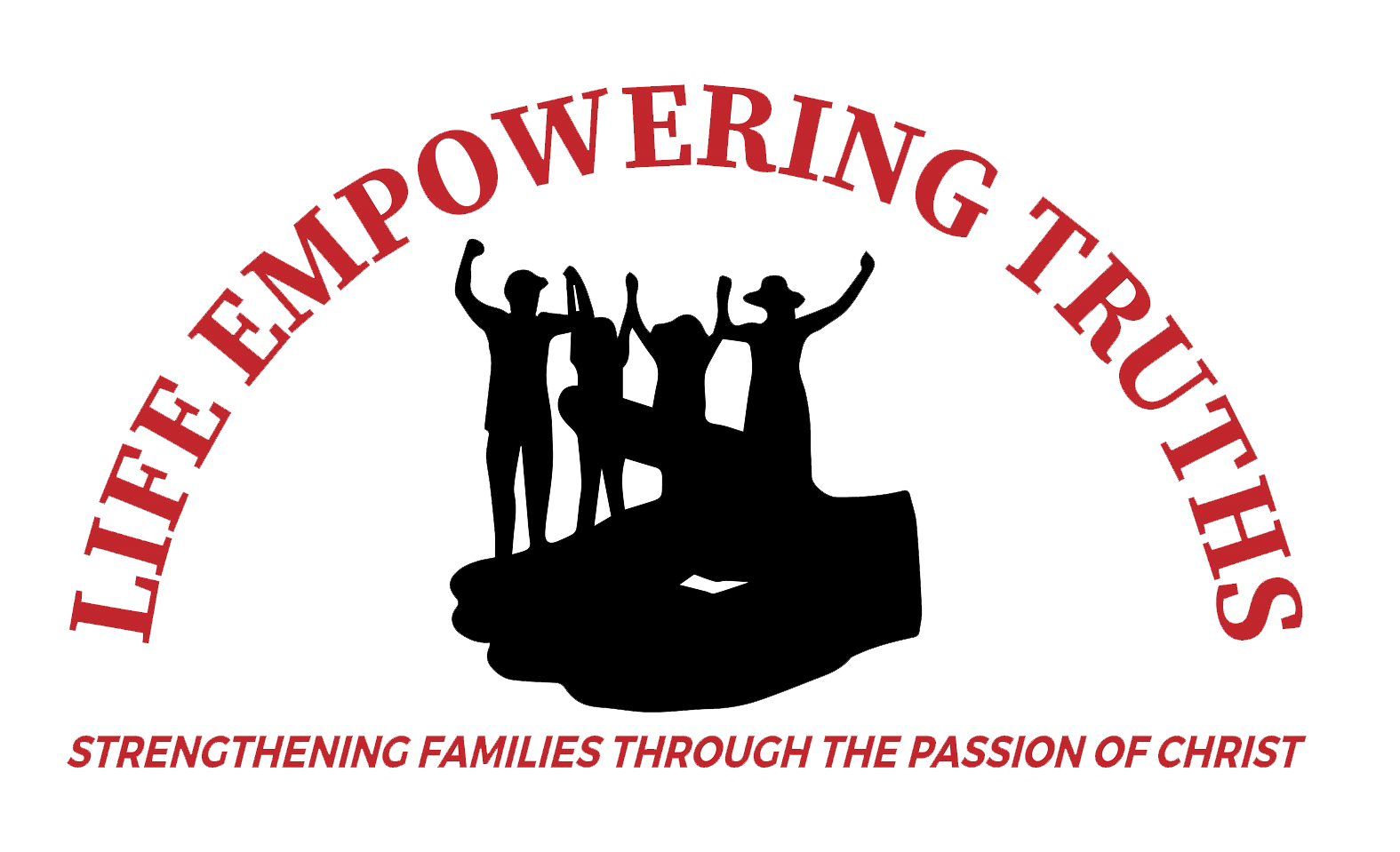How many of you have heard someone say, “You’re judging me; the Bible says not to judge.” Most of us are familiar with this scripture from Matthew 7:1-2. When we want to justify our actions, this is our ace card right here. So many people (both Christian and non-Christians) will use this verse as a personal shield to shut someone down when we don’t want to hear the truth. But if we rightly divide what is being talked about here, we see that the standard used to make the judgment are the Scriptures; you’re using the Bible. What the Word says about this certain behavior or condition is the measure you’re using. It’s saying that same measure will be measured back to you. Just think about the laws that we have in this land; they’re used to determine what is acceptable and what is not. If you break the law, the standard that’s going to be used to make a judgment against you is the law. They give you the statutes and the codes. It’s the same here. So, when you have to deal with an issue, know that the same law applies to you and rightly so. if you sinned as a believer, you expect someone to show you the error of your ways using the Scriptures because that is what’s going to lead you to repentance.
Now, let’s talk about the wheat and the tares (in Matthew 13:24-30). The devil is a master deceiver. His tactic is to make his work so similar to the Father that it’s hard to tell the difference between the two. Yes, he is that desperate to get the glory that belongs to the Father. The tare bears the closest resemblance to wheat until the ear appears and only then the difference is discovered. This is why, in the parable, the master of the field told his servants to let both grow together until the time of harvest. Keep in mind that the reapers knew there was a difference because they pointed out to the master that tares were mixed in with the wheat. So obviously they noticed the difference before the wheat was ready for harvest.
If we believe that we’re living in the last days, then we should also be able to look at others and examine their fruit. It’s really important for us to understand that there is a difference between making a judgment and being judgmental. Again, the Word – the Scriptures – is our standard. That’s what we’re using to examine, to see how this behavior aligns with what the Word says about this. This is where you’re making a judgement about that behavior, determining whether that’s right or wrong, not trying to condemn that person. Those verses are commonly twisted to make it seem like we’re never to make any judgments about anything. We’re supposed to see it or hear it and not say anything. But is that what the Master’s saying in that verse – that we’re not to judge anything and that we should pretend that we don’t see sin? No! Because a few verses later, He tells the disciples that they need to be able to make judgments about some things. In Matthew 7:15-20, He’s telling us that these false prophets are going to make themselves look just like sheep. They dress and sound like sheep but inside [the seed inside, which is the heart] it’s different. He says, “you will know them by their fruit.” That means you need to be able to examine what they’re doing over time to see what kind they are.
Messiah is not telling us don’t judge anything and just let everything go. He’s giving us warnings to help us be discerning because He wants us to be able to tell what is of the Father and what is not. When we look at Ephesians 5:11-13, we see there are some things that have to be exposed. We can’t continue to cover the works of evil, because if people aren’t able to recognize or distinguish the good fruit from the bad fruit then we see what happens. They die. In Matthew 7:22-23, though they were prophesying in His name and casting out devils, still the Messiah rejected them. He said he didn’t know them because they practiced lawlessness. The Messiah saying, “I don’t know you” tells us that these were religious folks, not what we call ‘people in the world’. Those who practice lawlessness are doing the work of their father (Satan). They look similar to the real thing, but their actions continue to draw people to their father, not to the Heavenly Father. Their ulterior motive is to lead the sheep into darkness and destruction.
I truly believe that as we continue to reveal the truth in these last days, our focus should be on the religious systems and institutions. Not just an individual but the root of these things. There are times an individual has been elevated to a position where they are influencing the masses and it’s needful to point out the patterns of behavior that are contrary to truth (if and only if that is how you’re being directed by the Holy Spirit). For example, with the Roman Catholic Church, we can look back and see the type of fruit it has been bearing for centuries. How long has the Catholic Church gotten away with abuses toward children? Is there accountability among believers? The days of judgment are upon us and there have been so many things going on in the church, in the name of religion, that are being glossed over because we don’t want to be accused of being judgmental. There’s a difference in making a judgement and being judgmental.
Let’s be clear, we cannot judge all churches and ministers the same because of the actions of a few. There are many great men and women who are doing wonderful work for the kingdom. We can’t allow ourselves to be cynical about everything in the church, but we do know that the Father wants to use the Word to bring people to repentance. In these last days there is a clarion call for repentance. How do we know what we need to repent us if the ways of the Father are not being proclaimed? We would often hear the Messiah say, “the kingdom of heaven is like…” and in telling us what it is like, He’s also telling us what it’s not like. He would often say to the disciples, “don’t be like the Pharisees and the Sadducees” and then He would point out what the Pharisees and Sadducees were doing that was not according to truth. We have to do the same thing in order to identify the tares among us. Have we been allowing people to use Matthew 7:1 (judge not…) to promote an acceptance of wicked behavior to encourage acceptance of things the Bible forbids? We know that wasn’t the Messiah’s intention. We have to rightly divide that verse because it’s being misused and misquoted and misunderstood and it’s almost like it’s being used to attack the person who’s trying to give wise counsel that would cause that person to come to repentance. Yes. the verse is telling us to be aware of condemning others. However, the verse is being used to shut the mouths of those who should be speaking out, making them think that what they said was an error.
The Holy Spirit will normally deal with the person first. He will normally speak to you in your heart – in that still small voice that you hear inside, letting you know that what you did was wrong. He will keep trying to prompt you, to convict you to repent. He will say to you, “what you just did or what you just said is not right” or “you need to make that right”. Again, what He’s looking for is for you to agree with Him and then repent. Here are some additional scriptures regarding righteous judgment:
• John 7:24
• 1 Corinthians 2:15
• 1 Corinthians 5:9-13
• 1 Corinthians 6:2-5
We don’t want anyone to be lost. We want to help others grow and not remain as babes. Judging with right judgments seeks the eternal good of the person. It protects even when it’s uncomfortable to do so. If something harmful is happening with someone you love, love won’t just ignore it. Sometimes it’s all in the way it’s done, as well. We should defend the weak and the vulnerable but there is a massive difference between judging arrogantly and judging with humility. Arrogant judgment says, “what a horrible person you are.” Humble judgment says, “if it wasn’t for the Blood, if it wasn’t for the Messiah I would be there with you. I’d be just like you and apart from Him I’m nothing.” So, we judge because we want our brothers and sisters to be and do better. The hard part is that when you take the stand you’re going to be attacked. That’s the risk many don’t want to take. Our Father doesn’t want to hurt us. He wants to help us. But He will bring correction when it’s needed, and judgment comes to His house first.
In these last days, as we near Messiah’s return, He’s separating wheat from tares, and He said we would know them by their fruit. We should also be able to recognize the tares. Their actions are poisonous and will lead to death. Even though they’ve been growing in the same soil, the times are now revealing whose seed is in them. We have to watch and pray because ultimately Judas is going to reveal his true intentions because they never seem to get to that place of repentance. Learn more when you view the accompanying video, Christian Fruit | Wolves in Sheep’s Clothing.


